
Muraki, a hardboiled Yakuza gangster, has just been released from prison after serving a sentence for murder. Revisiting his old gambling haunts, he meets Saeko, a striking young upper-class woman who is out seeking thrills, and whose presence adds spice to the staid masculine underworld rituals. Muraki becomes her mentor while simultaneously coping with the shifts of power that have affected the gangs while he was interred. When he notices a rogue, drug-addicted young punk hanging around the gambling dens, he realizes that Saeko's insatiable lust for intense pleasures may be leading her to self-destruction.
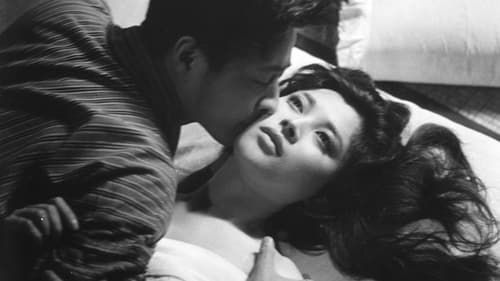
Yoshida’s first big-budget production and colour film is a haunting tale of unrequited love and postwar disillusion. The story of the fatal attraction between a spineless intellectual and a strong woman is conventional, but its enactment is radically new.

The university professor Ozeki Hitoshi (Ryu Chishu) is regarded as an eccentric by people in his surroundings. When his daughter Tokiko is asked to marry a colleague, she and her mother are overjoyed, but Hitoshi is not satisfied with the situation.
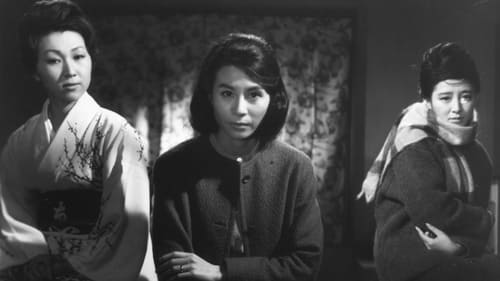
One week into newlywed Teiko Uhara's marriage, her husband, Kenichi, leaves on a short business trip and never returns. Teiko travels across Japan to search for him, and along the way discovers some surprising facts about her husband's past. With only a pair of old photographs among his belongings to go off of, Teiko tries to figure out what has happened to him.

Manager

Paris Theater dressing room keeper
The backstage romances of an egotistical singer and his under-valued manager, a lovelorn bandman and a nude dancer.
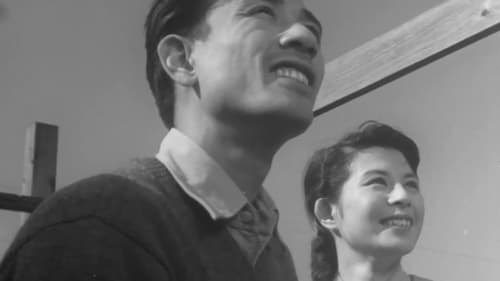
This drama of middle-class life in postwar Japan tells the story lower-middle-class workers in the city of Kawasaki, and their troubles and travails.
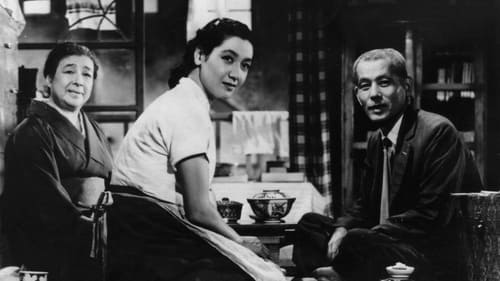
Kanka no otoko
The elderly Shukishi and his wife, Tomi, take the long journey from their small seaside village to visit their adult children in Tokyo. Their elder son, Koichi, a doctor, and their daughter, Shige, a hairdresser, don't have much time to spend with their aged parents, and so it falls to Noriko, the widow of their younger son who was killed in the war, to keep her in-laws company.

Machiko Ujiie and Haruki Atomiya first meet and fall in love on Ginza’s Sukiyabashi Bridge during the Great Tokyo Air Raid in March 1945. Machiko and Haruki pledge to meet again at the bridge in six months but part without asking each other’s names.

Hiroo Ikeda movie
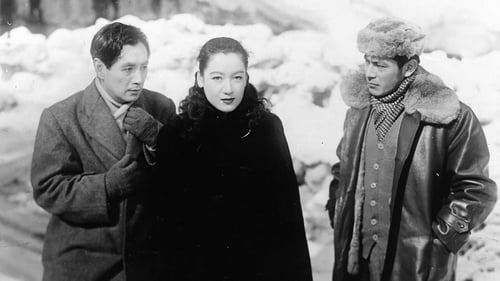
Kameda, who has been in an asylum on Okinawa, travels to Hokkaido. There he becomes involved with two women, Taeko and Ayako. Taeko comes to love Kameda, but is loved in turn by Akama. When Akama realizes that he will never have Taeko, his thoughts turn to murder, and great tragedy ensues.
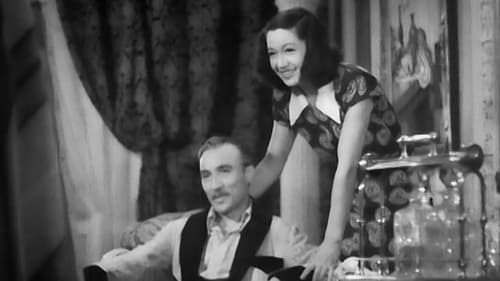
After Japan's loss in the war, the wealthy, cultured, liberal Anjo family have to give up their mansion and their way of life. They hold one last ball at the house before leaving. The seemingly cold, cynical son secretly grieves for his defeated father and the values that the war destroyed, while the daughter tries to prevent father from taking his life and to find her own place in the new Japan.

Japanese propaganda film about the Normanton Incident.

A nurse's tale of self-sacrifice during wartime. The title is borrowed from a patriotic song made popular by singer Hamako Watanabe during the Second Sino-Japanese War.









